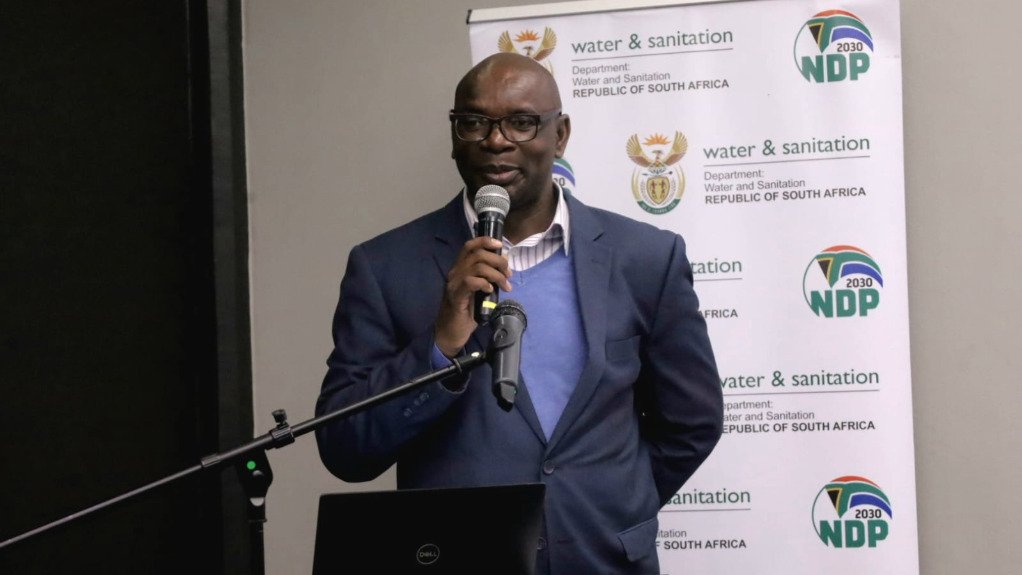Through the South Africa-Denmark Strategic Sector Cooperation on water (SSC), the Department of Water and Sanitation (DWS) and its partners are actively engaging with industries to prioritise water conservation, reduce water demand and address water leaks.
The SCC was initially established in 2016 as a long-term framework for cooperation in the water sector.
It continues in collaboration with Danish partners, the DWS, the Department of Science and Innovation, the Water Research Commission and the National Cleaner Production Centre, besides others, to address the rising demand for water in the country.
In line with the ambitions of the SCC, DWS in Gauteng, during a stakeholder workshop on water conservation and water demand management (WCWDM), held in Pretoria on July 10, called on industries to take action to reduce water demand and address all water leaks for a sustainable water supply by 2028.
The workshop aimed to collaborate with industry stakeholders to develop management measures and practical tools for cost-effective water use in production lines.
“By introducing stakeholders to the latest advancements in WCWDM, the DWS hopes to provide guidelines and supportive tools for the development of an industrial water balance,” said DWS Gauteng provincial head Justice Maluleke, emphasising an urgent need to enhance WCWDM for the sustainable operation of South Africa.
“This workshop is coming at the right time because we need to strengthen our WCWDM to operate sustainably as a country,” he said.
With water demand in South Africa expected to increase, including in the agricultural, industrial and municipal sectors, over the next few years, WCWDM should be considered a responsible approach to ensuring the country's prosperity.
Per capita water consumption in South Africa is about 218 l per person per day, compared with Denmark's per capita consumption of only 105 l per person per day and the global average of 173 l per person per day.
The DWS further highlighted that climate change-related challenges, such as low rainfall, high evaporation rates and water losses, also remain, exacerbating water scarcity issues, while nonrevenue water currently stands at 47%, significantly higher than Denmark's 5%.
Irrigation schemes in South Africa are also experiencing water losses of between 35% to 45%.
To address these challenges and achieve a sustainable water supply, DWS, with the assistance of its Danish counterpart, has developed four strategies: the National WCWDM strategy, the Agriculture WCWDM strategy, the Water Services WCWDM strategy and the Industry Mining and Power generation WCWDM strategy.
The SSC had already implemented phases I and II, with Phase III currently underway since 2023 and set to conclude in 2026, said DWS water use efficiency director Xolani Hadebe.
He pointed out that this was in addition to the DWS-developed National Water Strategy, National Water and Sanitation Masterplan and WCWDM strategies for various sectors, which were crucial in promoting water use efficiency, sustainable water management and reducing water demand.
By working together with stakeholders and implementing practical measures, the DWS aims to create a more water-efficient and environmentally sustainable future for Gauteng and the country as a whole.
EMAIL THIS ARTICLE SAVE THIS ARTICLE ARTICLE ENQUIRY
To subscribe email subscriptions@creamermedia.co.za or click here
To advertise email advertising@creamermedia.co.za or click here











